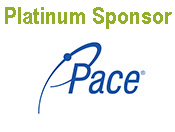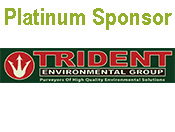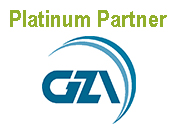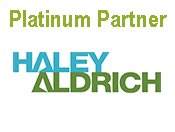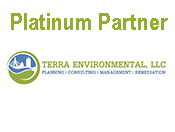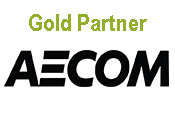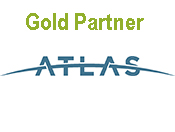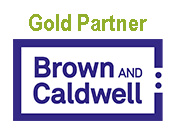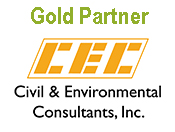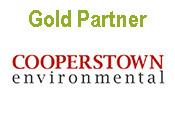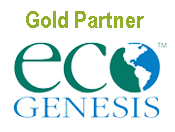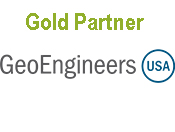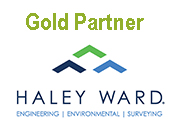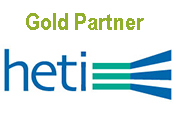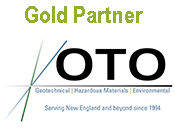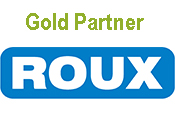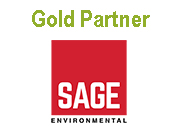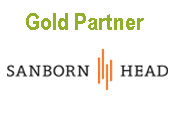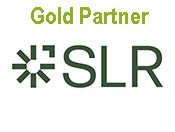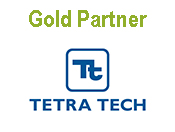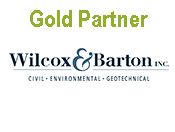|
Environmental Forensics of Hydrocarbon Chemicals: Survey of Applications, Approaches, Capabilities, and Limitations
Thursday, March 10, 2022, 10:00 AM - 2:15 PM EDT
Category: Course - Live Webinar
LSPA Continuing Education Webinar:
Environmental Forensics of Hydrocarbon Chemicals: Survey of Applications, Approaches, Capabilities, and Limitations (Session 1)
When: Thursday, March 10, 2022
Time: 10:00 AM - 2:15 PM EST (There is a 30 min break scheduled for lunch)
Live Webinar via Zoom
Registration: In your LSPA registration confirmation email, you will receive a link to a Zoom Registration for this topic. Registration for LSPA webinars requires a two-step process. 1) Complete the LSPA registration, and 2) In your LSPA confirmation email, you will receive a link to a Zoom "Webinar Registration". You must also complete this registration in order to receive the webinar link, and reminder emails with course materials. Registration closes 15 minutes prior to the start of the webinar.
Cost: Members $200 | Non-members $350
Course Instructors:
- Deborah Chiavelli, Ph.D., Managing Scientist, Anchor QEA, LLC
- David M. Mauro, M.S., President/Senior Scientist, META Environmental, Inc.
View Instructor Biographies
Available Credits:
4.0 Technical LSP Credits #1764
4.0 NY PE Credits #20228370
4.0 NY PG Credits #20228370
4.0 CT LEP Credits Pending
*To ensure you receive continuing education credit for your attendance in this webinar, please read the LSPA's guidelines here.
REGISTER NOW
Course Description:
The LSPA is offering two environmental forensics courses this March. These presentations are designed to introduce participants to the principles of environmental forensic science and survey the major applications and techniques for organic chemicals. The participant will learn about the sources and composition of commonly encountered chemicals and products in the environment; forensic sampling and analysis techniques; and data analysis and presentation. The focus will be on when and how to conduct a good forensic study, and what are the current limitations in forensic analysis. Subtopics will be illustrated with case studies from each of the presenters’ practices.
Each course is designed to stand alone but the two courses form a more comprehensive look at the topic. This registration is for Session 1 which will focus on hydrocarbon chemicals including but not limited to petroleum products, coal tar, and historic fill. This session will also explore where and how environmental forensics fits in the larger environmental field, especially as it can aid LSPs in their understanding of site conditions and decision-making.
The objectives of Session 1 are below and the agenda is here:
- Define environmental forensics
- Learn how to design a forensic sampling and analysis program
- Review of hydrocarbon forensics (i.e., petroleum products, tar, and products of incomplete combustion (PICs))
- Learn forensic data analysis techniques beyond qualitative fingerprinting – i.e., quantitative forensics, statistics, chemometrics
- Learn to glean forensic information from standard laboratory and investigation reports
To learn more about Session 2, which is scheduled for March 22, please click here.
|

 Prev Month
Prev Month View Month
View Month Search
Search Go to Month
Go to Month Next Month
Next Month
 Export Event
Export Event 